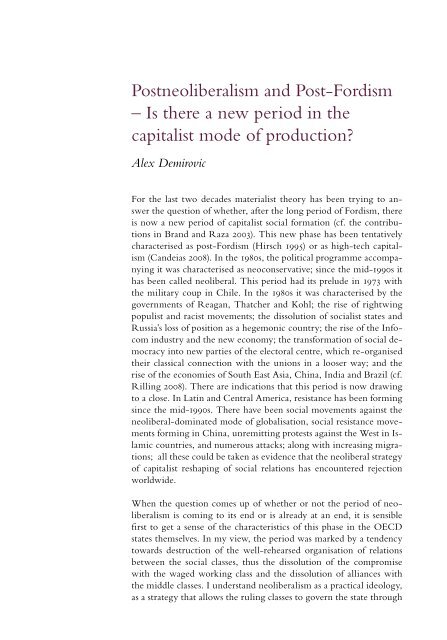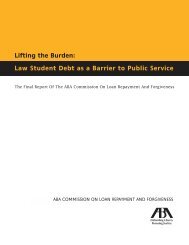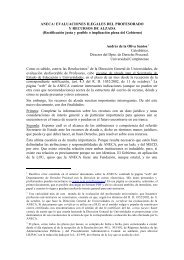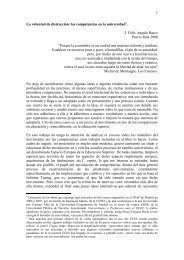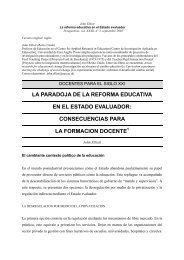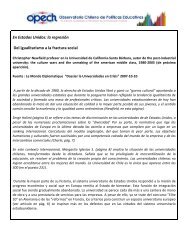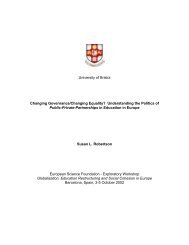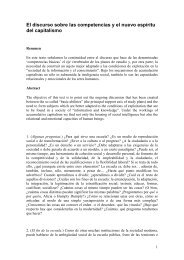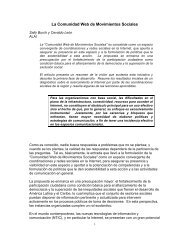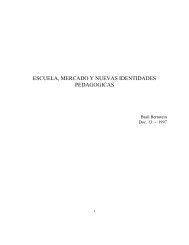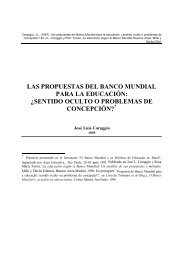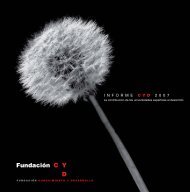no. 51 | january 2009
no. 51 | january 2009
no. 51 | january 2009
- No tags were found...
You also want an ePaper? Increase the reach of your titles
YUMPU automatically turns print PDFs into web optimized ePapers that Google loves.
Postneoliberalism and Post-Fordism– Is there a new period in thecapitalist mode of production?Alex DemirovicFor the last two decades materialist theory has been trying to answerthe question of whether, after the long period of Fordism, thereis <strong>no</strong>w a new period of capitalist social formation (cf. the contributionsin Brand and Raza 2003). This new phase has been tentativelycharacterised as post-Fordism (Hirsch 1995) or as high-tech capitalism(Candeias 2008). In the 1980s, the political programme accompanyingit was characterised as neoconservative; since the mid-1990s ithas been called neoliberal. This period had its prelude in 1973 withthe military coup in Chile. In the 1980s it was characterised by thegovernments of Reagan, Thatcher and Kohl; the rise of rightwingpopulist and racist movements; the dissolution of socialist states andRussia’s loss of position as a hegemonic country; the rise of the Infocomindustry and the new eco<strong>no</strong>my; the transformation of social democracyinto new parties of the electoral centre, which re-organisedtheir classical connection with the unions in a looser way; and therise of the eco<strong>no</strong>mies of South East Asia, China, India and Brazil (cf.Rilling 2008). There are indications that this period is <strong>no</strong>w drawingto a close. In Latin and Central America, resistance has been formingsince the mid-1990s. There have been social movements against theneoliberal-dominated mode of globalisation, social resistance movementsforming in China, unremitting protests against the West in Islamiccountries, and numerous attacks; along with increasing migrations;all these could be taken as evidence that the neoliberal strategyof capitalist reshaping of social relations has encountered rejectionworldwide.When the question comes up of whether or <strong>no</strong>t the period of neoliberalismis coming to its end or is already at an end, it is sensiblefirst to get a sense of the characteristics of this phase in the OECDstates themselves. In my view, the period was marked by a tendencytowards destruction of the well-rehearsed organisation of relationsbetween the social classes, thus the dissolution of the compromisewith the waged working class and the dissolution of alliances withthe middle classes. I understand neoliberalism as a practical ideology,as a strategy that allows the ruling classes to govern the state through


